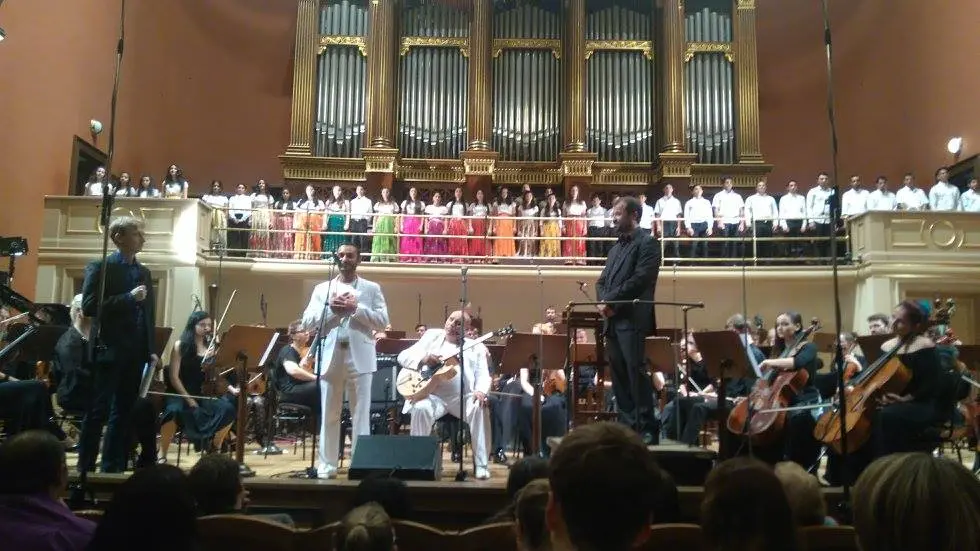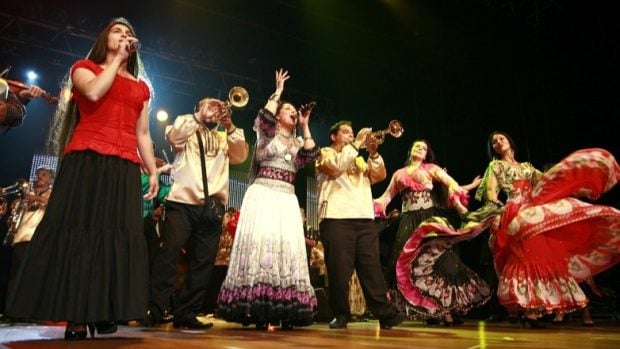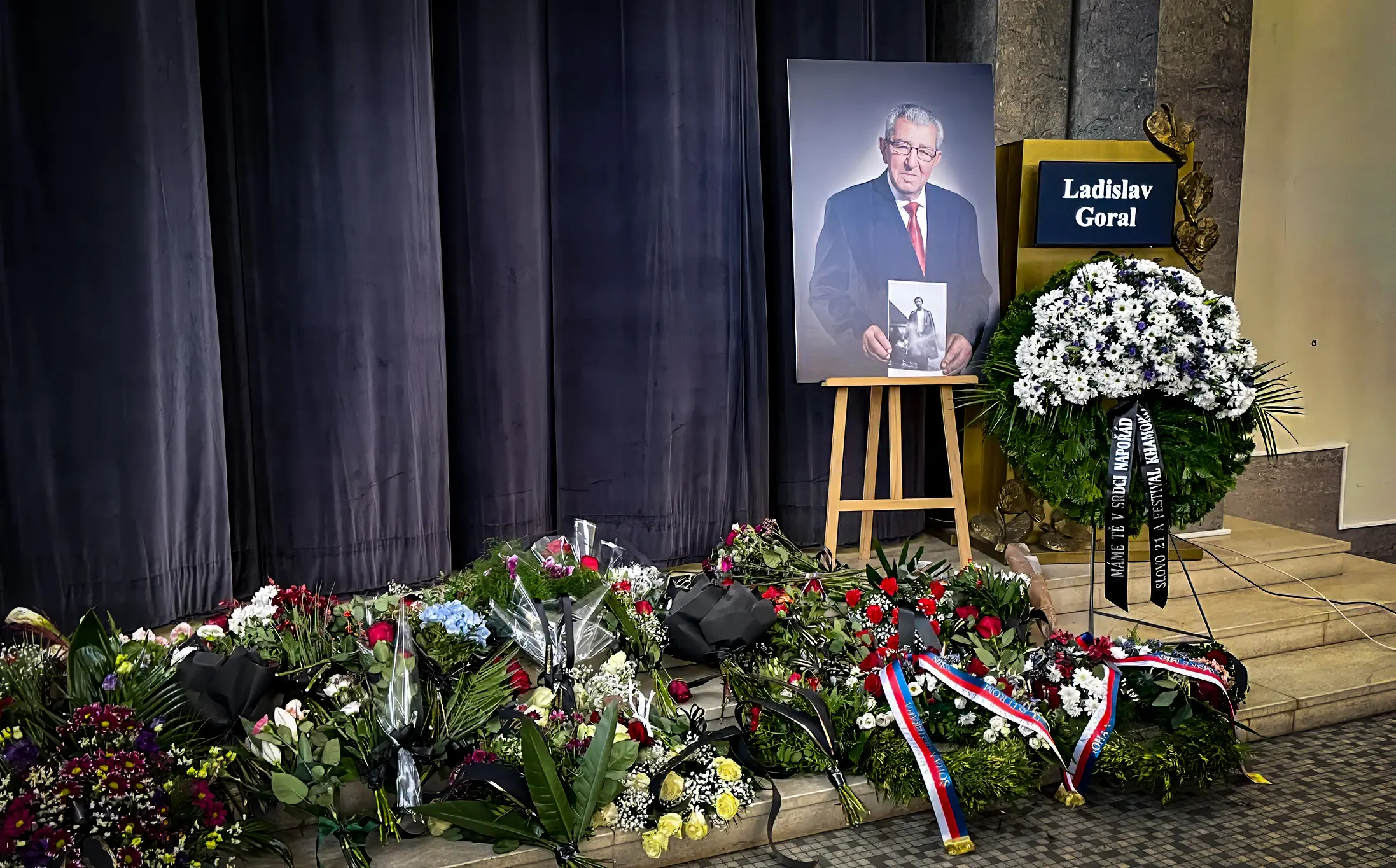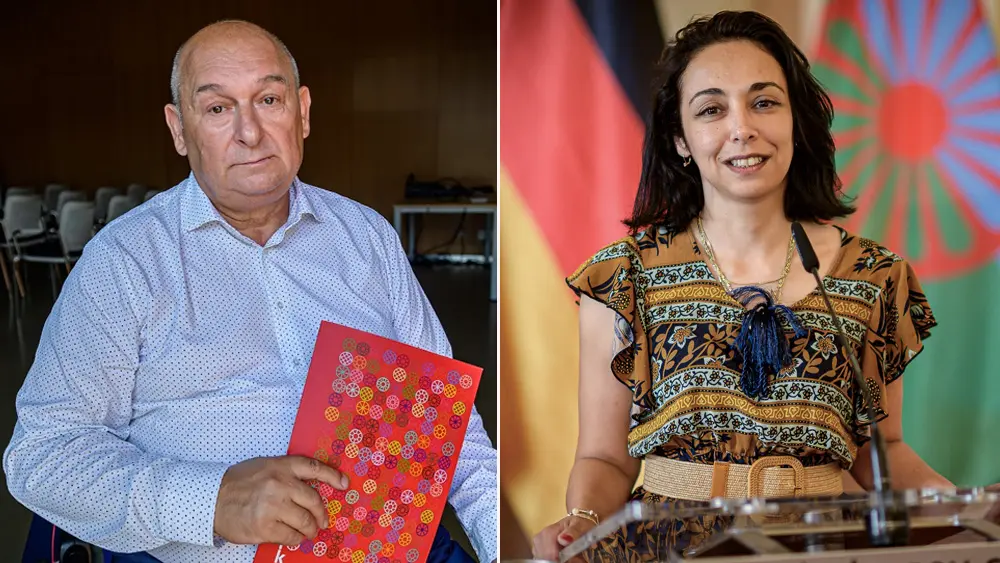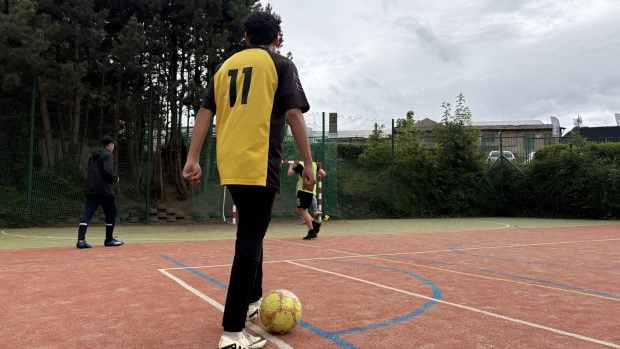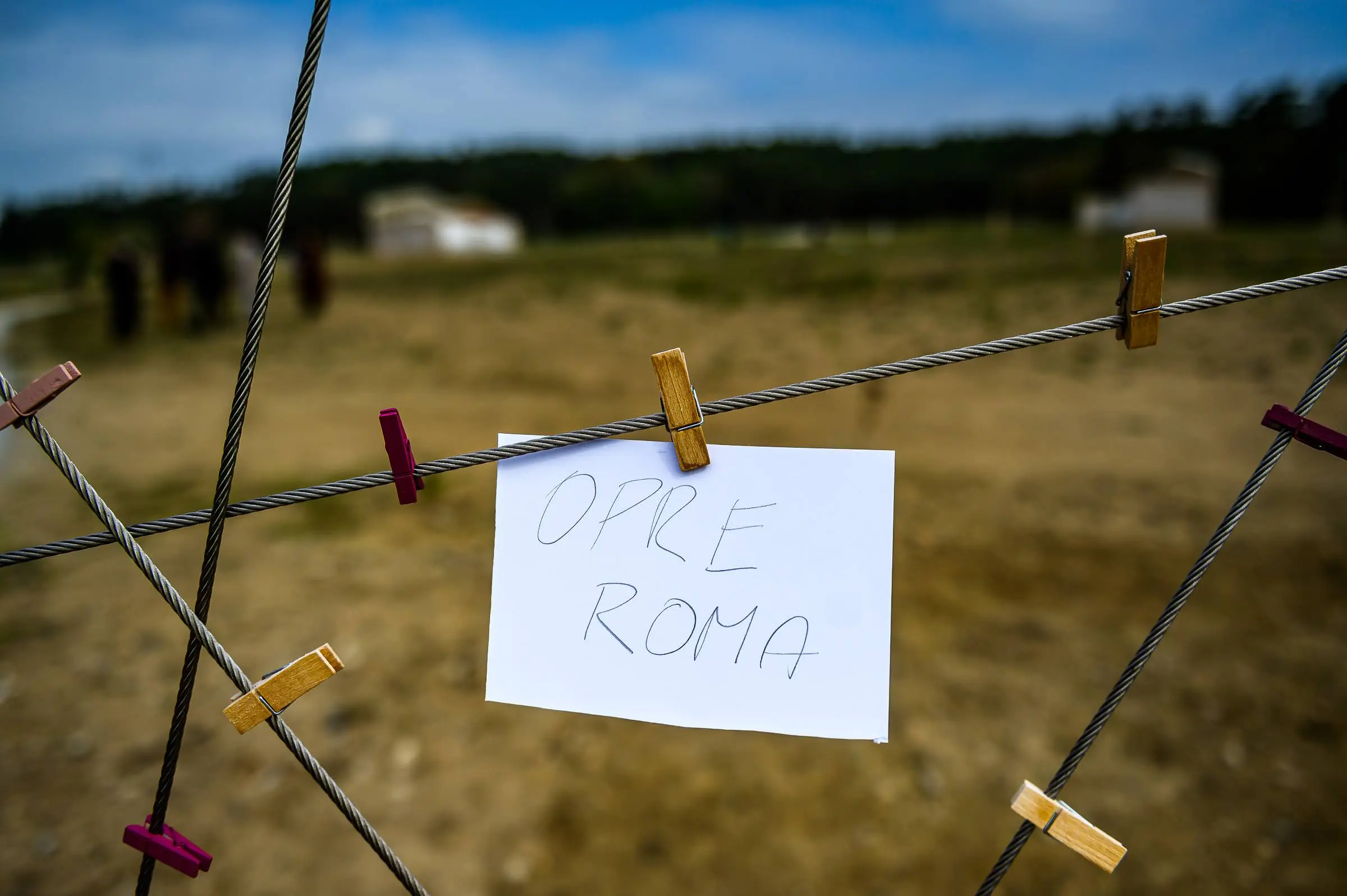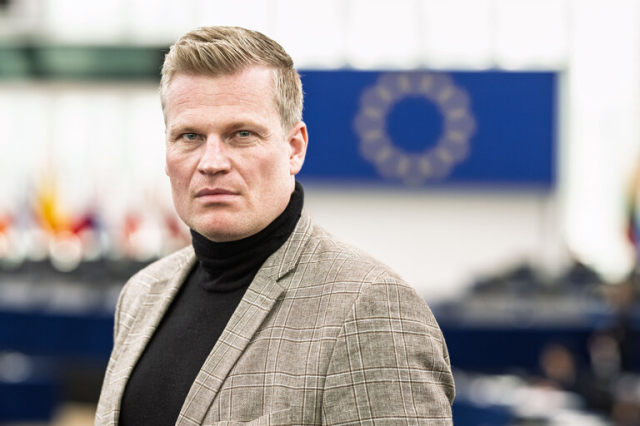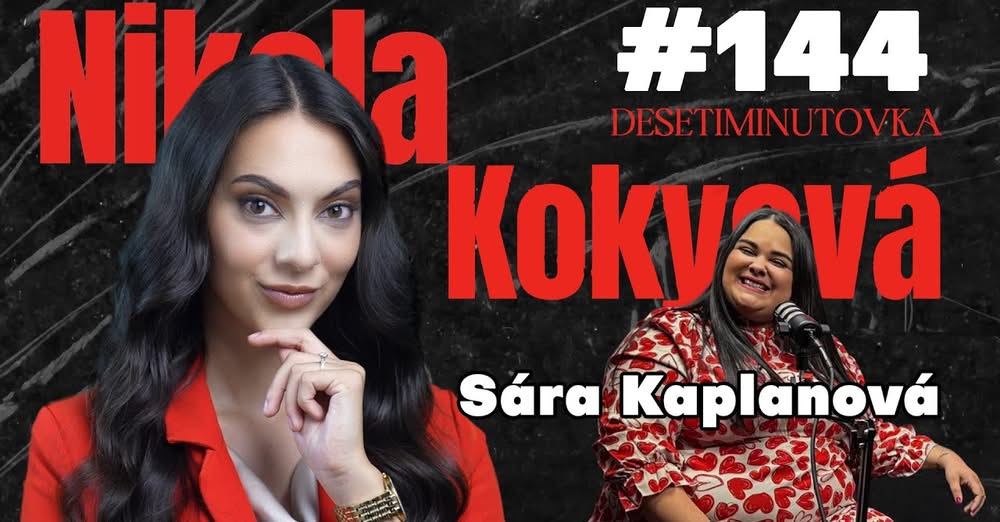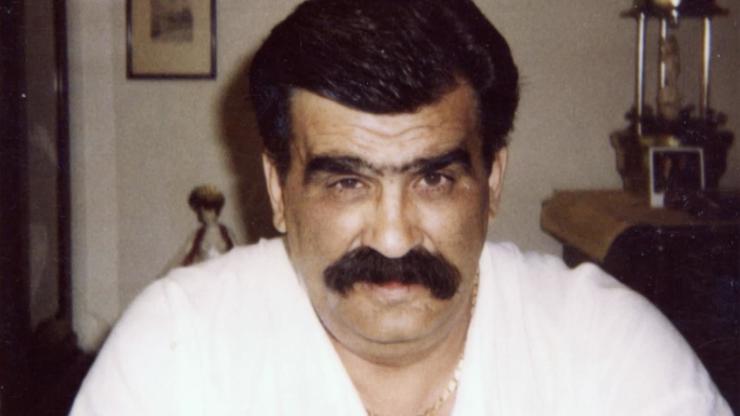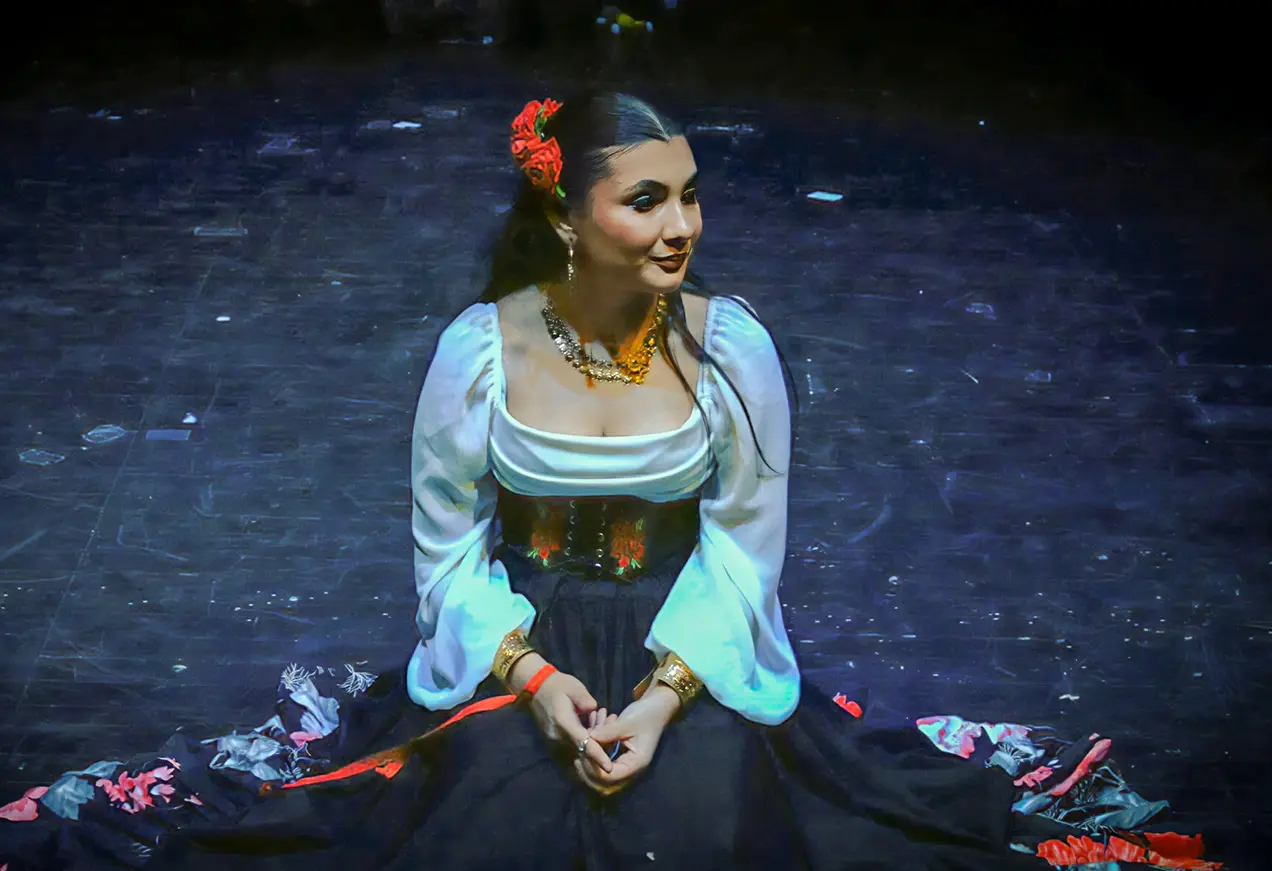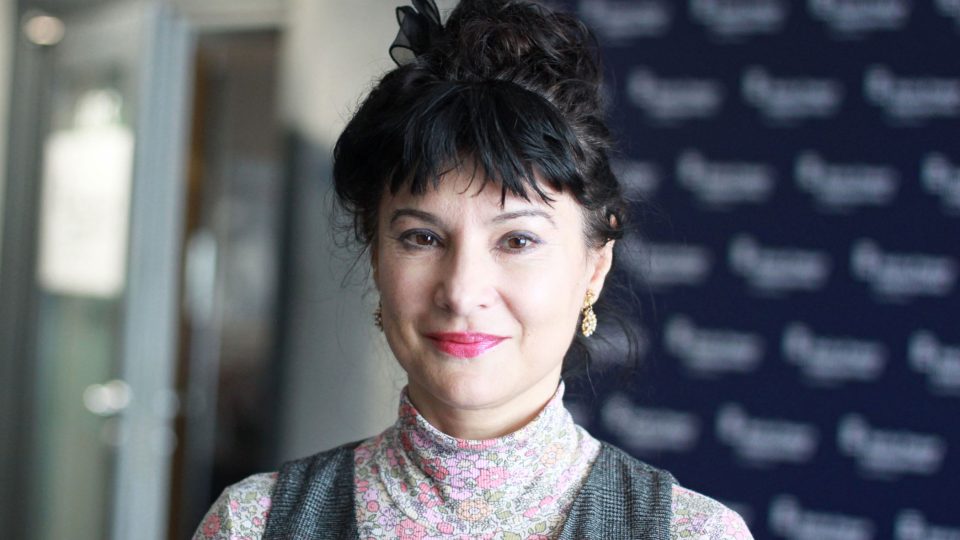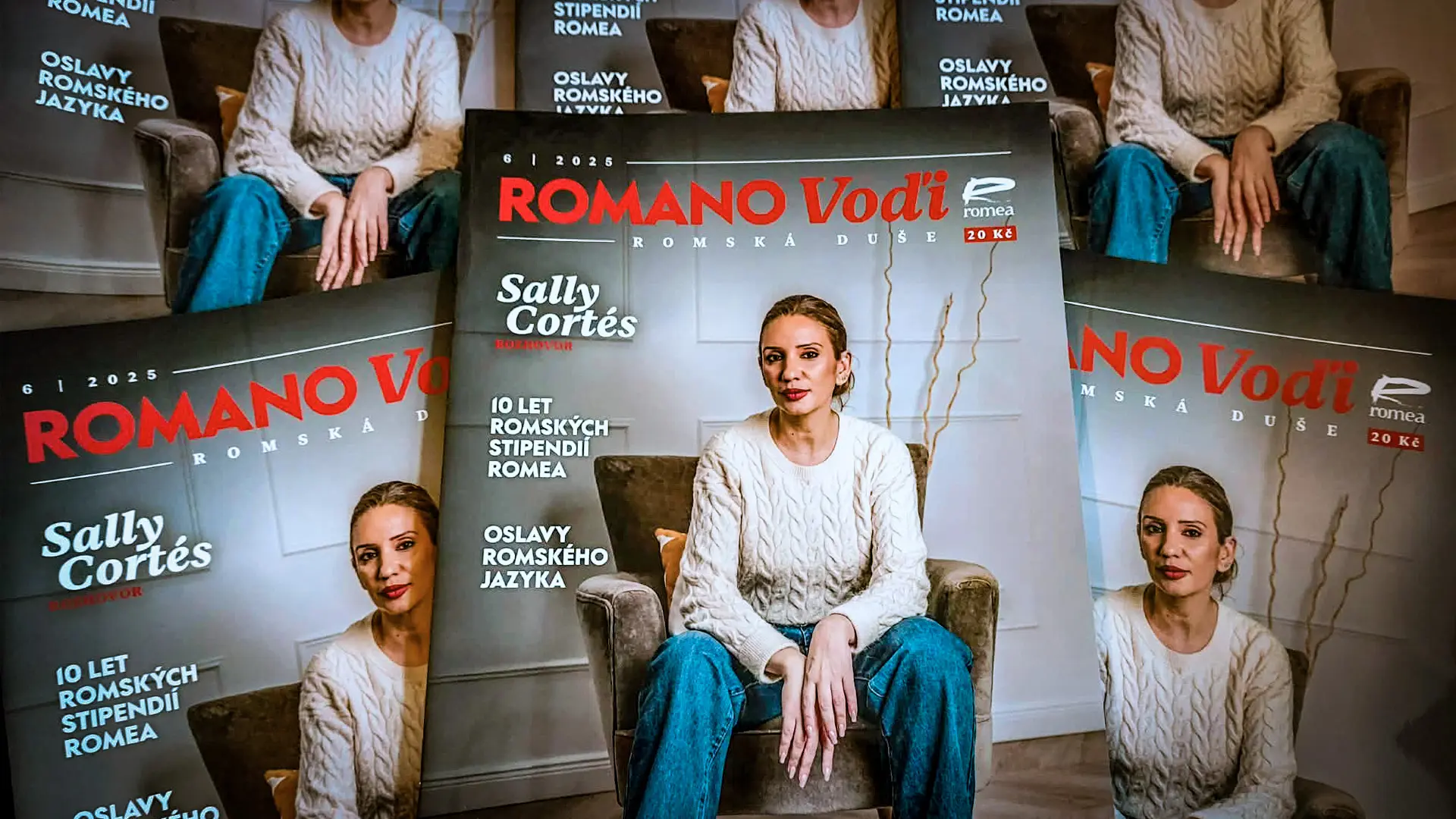The specific Romani musical genre halgató, characterized by long and sad songs, could receive official recognition and be included on the list of intangible cultural heritage. Now, the bearers of the tradition are striving for this together with experts, according to whom it is an important living part of the Roma identity, which is passed down between generations, and should also have its place on the UNESCO list.
- Tradiční romské zpěvy halgató by se mohly stát součástí národního seznamu kulturního dědictví, In: Romea. 10.02.2026. https://romea.cz/cz/domaci/tradicni-romske-zpevy-halgato-by-se-mohly-stat-soucasti-narodniho-seznamu-kulturniho-dedictvi#google_vignette
